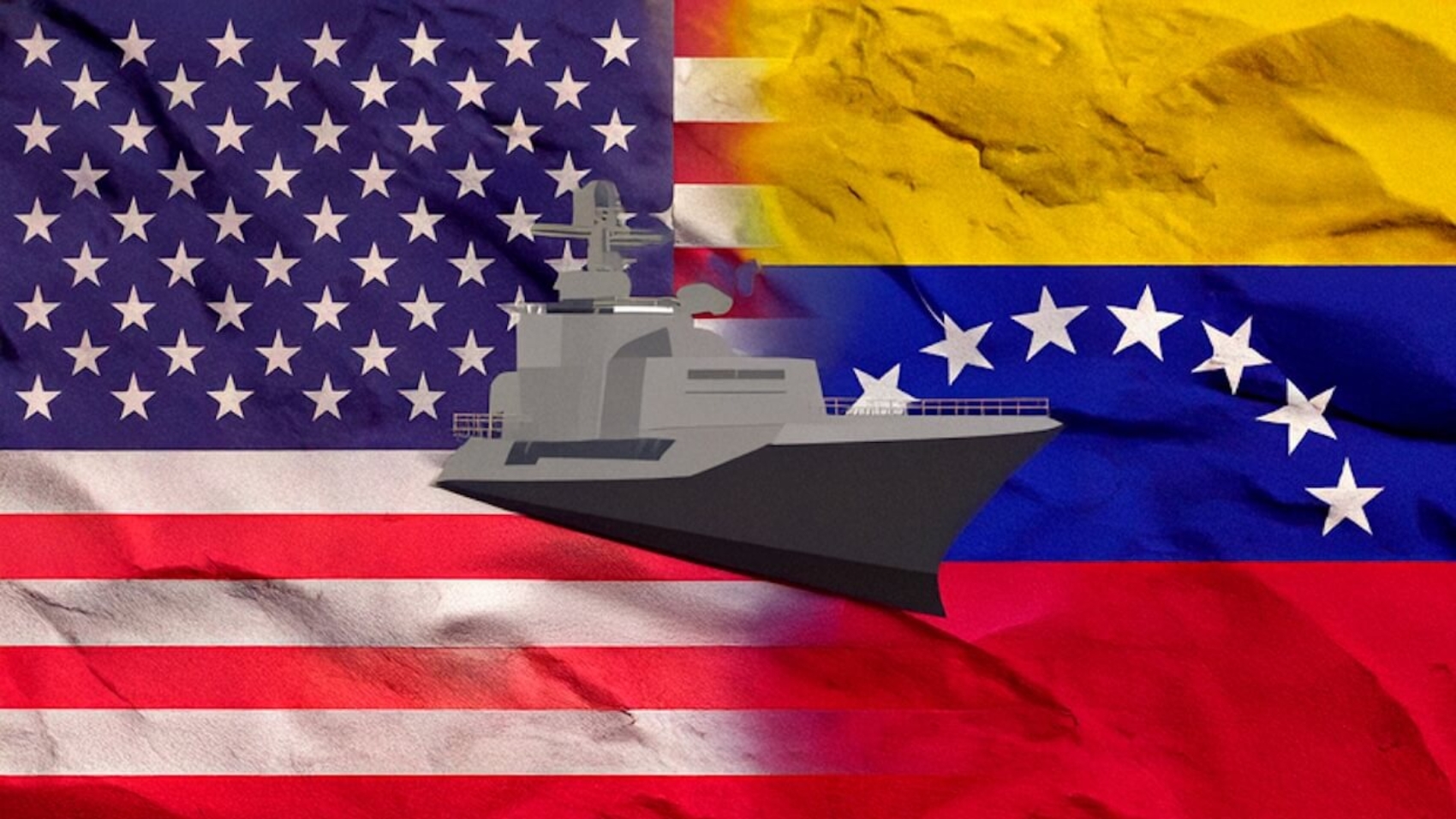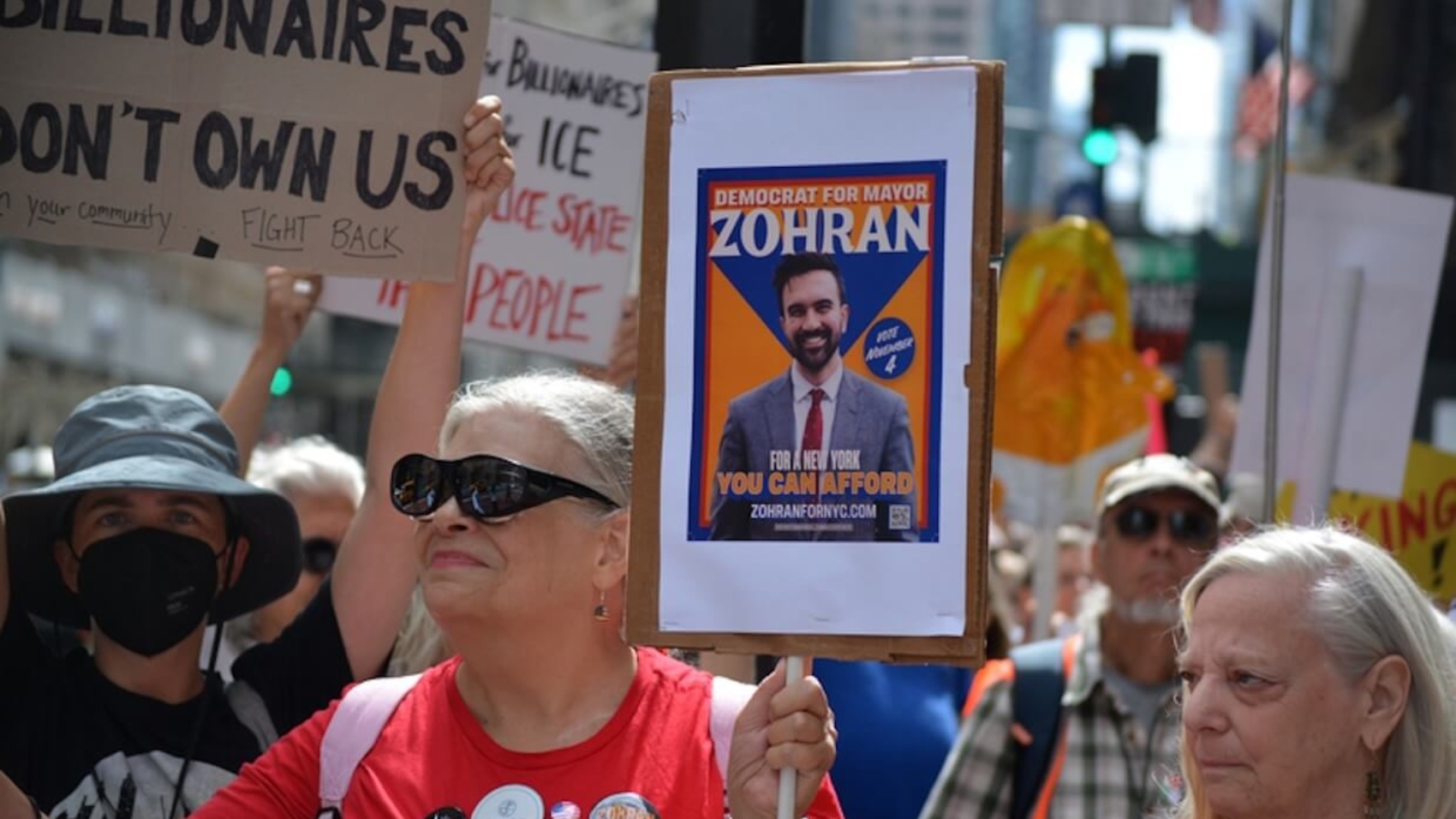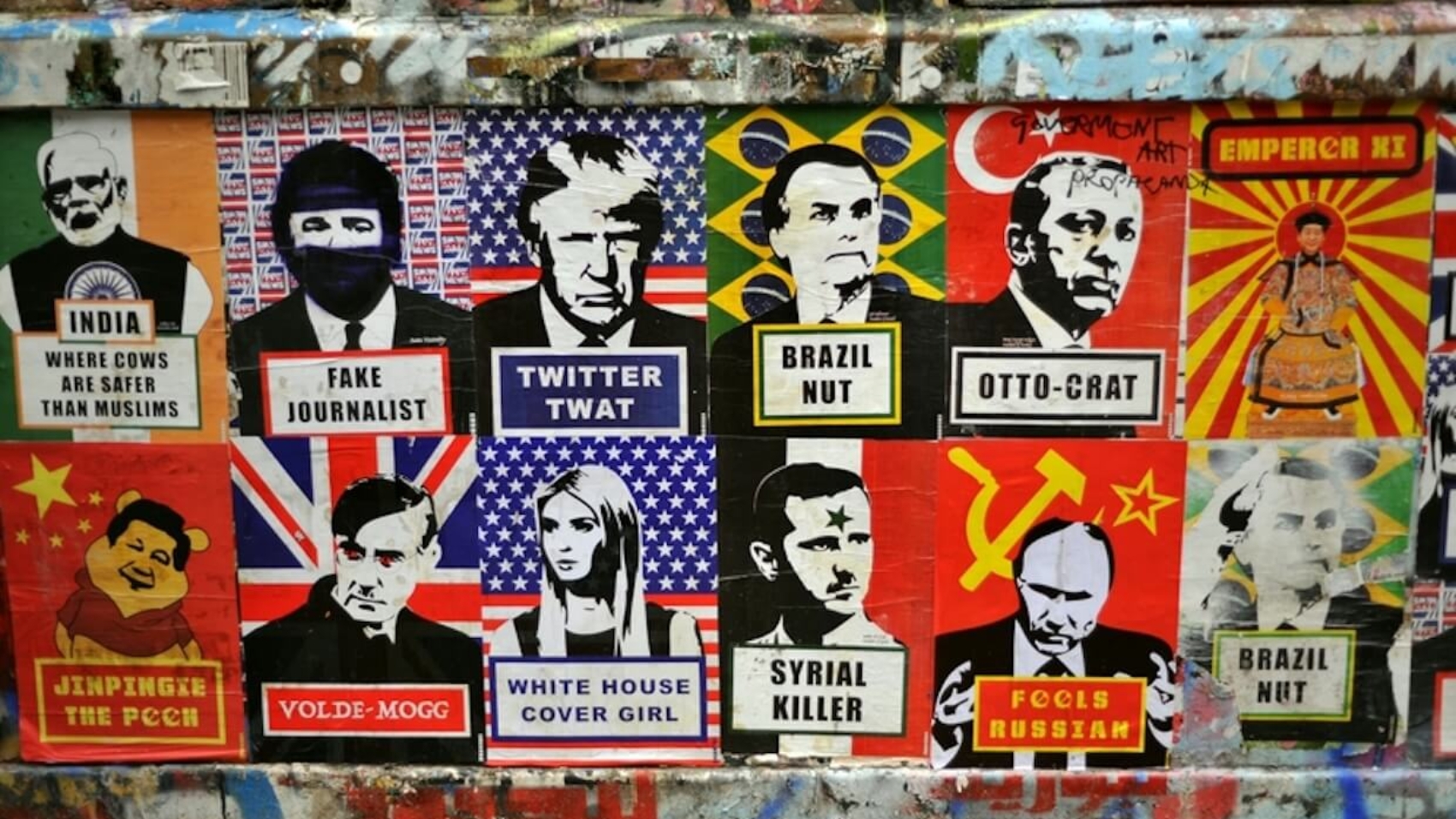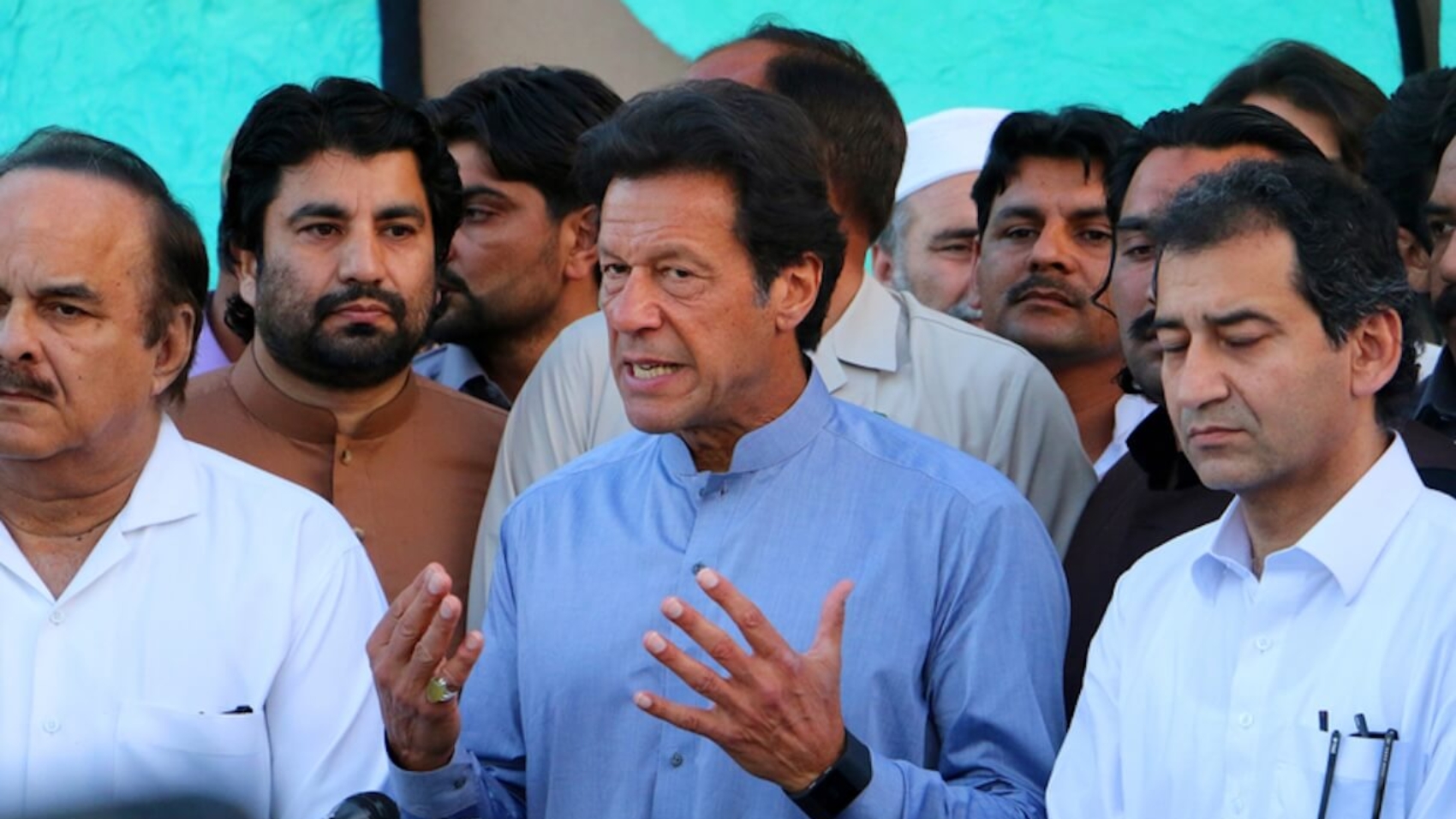Trump’s National Security Strategy marks a sharp break from post-Cold War US diplomacy: it portrays Europe, not rival powers, as the core site of Western civilisational decline. Warning of “civilisational erasure” through migration, demographic change and secularisation, it urges support for “patriotic European parties” resisting this shift. In this framing, the danger to the West is internal, not external, and the US becomes guardian of authentic Western identity—aligning more closely with Orbán, Meloni and PiS than with many elected governments. This leaves Europe facing a strategic dilemma: remain reliant on Washington or assert its own civilisational narrative. Europe must choose—adapt, resist, or define itself.
The release of its National Security Strategy shows the Trump Administration to be especially concerned with the decline of Western civilization. One passage in the document drew considerable international attention. It warned that Europe now faces the risk of “civilisational erasure” driven by migration, cultural and religious change, low birthrates and the loss of historical identity. Unless Europe “corrects its current trajectory,” the document claims it could become “unrecognisable in 20 years or less.” The United States, it argues, should help by supporting the “patriotic European parties” resisting this shift.
This language marks a significant break with post-Cold War US diplomacy, and signals that Washington intends to treat its relationship with Europe as an arena of ideological struggle. Throughout the document, Europe appears both as an ally and as a civilisation in decline. Moreover, European governments are portrayed as having adopted values and migration policies that undermine the foundations of the West itself. As a result, the document implies, the United States has no choice but to ‘correct’ Europeans and essentially force them to reconnect with their traditional and authentic Christian-based civilization.
Fears of Western decline are not new. Even in the year 2000, which may have been the high point of Western power and influence, American writer Jacques Barzun argued in his surprise bestseller From Dawn to Decadence that the West had entered a period of decadence. Barzun meant cultural exhaustion and the fading of artistic and intellectual ambition, not geopolitical weakness. He was not concerned with demography or the strategic balance of power. A generation later the picture is different. The sense of Western decline is no longer limited to cultural pessimists. Analysts now describe American relative decline, a stagnant Europe, and a China confident enough to present its rise as civilizational renewal.
This raises an important puzzle. The National Security Strategy presents Europe as a civilisation in decline but does not treat Russia, China or India in the same civilizational terms, even though these states are the United States’ principal strategic competitors. This is especially surprising insofar as those nations often position themselves as ‘civilization-states’ at odds with Western culture and avowed enemies what of what they view as American imperialism. Yet the document reserves its sharpest language for European societies that, in its view, have abandoned the cultural and religious foundations of the West. Why, then, should the Trump Administration attack allies in explicitly civilizational language while avoiding it with rival powers? The answer is that the Trump administration sees the main threat to Western civilisation as internal rather than external. In their view, the West is being weakened by its own governments and its own cultural choices. Europe therefore becomes the object of correction. The United States, as they understand it, must pressure Europe to return to the values that once defined Western civilisation rather than treat Europe as an equal partner in managing global competition.
The National Security Strategy places the United States at the centre of Western civilisation. In this narrative America becomes the core state responsible for restoring the cultural confidence that Europe has supposedly lost. Trump and Vance describe themselves as defending the West, however what is immediately obvious in the document is that the object of defence is not the geopolitical order that linked the United States and Europe throughout the Cold War. Rather, it is a set of cultural and religious markers that they believe Europe has abandoned. Civilisational rhetoric therefore becomes a tool for a nationalist project. The document justifies pressure on European governments, portrays right-wing populist parties as cultural allies, and reframes transatlantic relations as a struggle over the meaning of the West rather than as a partnership between democratic states.
While we should not overstate its importance, it is significant that an American strategic document now aligns the US more closely with Europe’s populist right than with many of Europe’s elected governments. Indeed, the Trump Administration appears to divide Europe in two. One Europe consists of liberal governments, EU institutions and political leaders committed to secular cosmopolitanism. The other Europe is defined by Christianity, firm borders, and inherited Western values and is represented above all by Viktor Orbán’s Hungary, Giorgia Meloni’s Italy, and Poland’s PiS opposition, right-wing populists who share the Trump Administration’s concerns over Europe’s civilisational decline. In their National Security Strategy, the Trump Administration presents the former as pushing Europe toward collapse and the latter as Western civilisation’s last remaining defenders.
Although the Trump Administration positions itself and America as the arbiter of authentic Western values, the National Security Strategy contains an unresolved tension insofar as many of the social and cultural trends it critiques in Europe also exist within the United States. The United States is itself experiencing demographic change, declining Christian affiliation, and widening cultural diversity, which complicates claims that Europe alone is departing from the Western tradition. This raises a definitional problem because if the West is understood in civic terms Europe and America remain Western despite cultural change, but if it is defined by racial or religious identity, then the pressures described in the National Security Strategy are shared on both sides of the Atlantic. Moreover, several of the identity debates the administration portrays as corrosive in Europe originated in American academic and activist contexts, suggesting that the cultural dynamics it attributes to Europe are partly American in origin. This is why the Macron government in France ‘wages war’ on ‘wokeness,’ something they perceive to be a form of unwanted American cultural imperialism spreading throughout French institutions.
The National Security Strategy therefore confronts Europe with a strategic and conceptual dilemma. Should Europe define Western culture on its own terms, and can it articulate a political and cultural identity that differs from the one now promoted by Washington? European governments speak of strategic autonomy, but their nations remain dependent on American security guarantees, particularly in defence and intelligence. European publics remain divided on migration and identity, which complicates any attempt to articulate a coherent cultural and political narrative. Furthermore, EU institutions prefer to define Europe as a legal and political project grounded in universal rights rather than as a civilisation with a particular religious or ethnic foundation. This makes it difficult for Europe to respond to the NSS, which casts it as a civilisation in decay and implies that its renewal requires a return to Christian cultural markers.
This tension has led some analysts, such as Aris Roussinos, to argue that Europe must either consolidate around its own values or accept a subordinate position in a Western order increasingly defined in Washington. Emmanuel Macron has attempted to present Europe as a civilisational actor capable of independent strategic judgement, yet it remains unclear whether this project can succeed given institutional fragmentation and the absence of a shared European cultural story. The National Security Strategy highlights that uncomplicated civilisational unity with the United States is no longer plausible. Such unity would require Europe to adopt a civilisational narrative aligned with American right-wing populist thought, something most European governments are unwilling to do.
The future of transatlantic relations may depend on the outcome of the next American Presidential election. A J.D. Vance victory would almost certainly deepen civilisational language in US strategy, increase pressure on the EU project and expand American support for right-wing populist parties in Europe. Europe shows little capacity to respond to this approach because it remains structurally dependent on American security and politically divided on issues of identity. Continued subordination would leave European governments reacting to American preferences rather than shaping their own strategic environment.
A Democratic victory would return the United States to its traditional support for the European Union. Civilisational rhetoric would recede, and Washington would again treat Europe as a partner in a rules-based and liberal international order. Yet this scenario also carries risks for Europe. A return to the status quo would still leave Europe reliant on American power and vulnerable to future political shifts in Washington. In the long term, Europe may need to assert greater strategic and political autonomy if it wishes to avoid oscillating between two competing American visions of the West.















